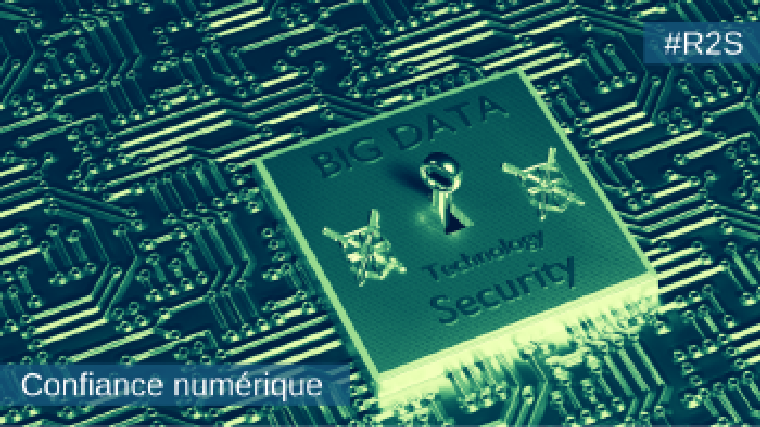Conférence dans le cadre du cycle thématique "Risques, Société et Sécurité" (R2S),
Conference as part of the "Risks, Society, and Security" (R2S) thematic cycle
Pascal Marchand will give a presentation on his work about communication between police negotiators in actual negotiation contexts such as barricades, hostage crises, cases of terrorism, or high-danger suicidal intent.
What are the benefits of the methods used for negotiators in their diagnosis? How does this work enable to better understand the individuals, often radicalized, with whom negotiators are confronted?
Date: February 23, 2017, 4 PM
Venue: Auditorium of the Maison Internationale de la Recherche on the Neuville campus
Public: Open to anyone interested in the "Risks and Security" theme
Free entry
Presentation of the subject
Most models of police negotiations in extreme crisis situations are American or British and most often focus on the individual who caused the intervention (maniac, person entrenched, kidnapper, suicidal person, etc.) or, less often, on the negotiator. Focusing on an interactional dimension relies on the one hand on history and the contribution of interpersonal communication theories to the understanding of discourse and the impact of messages, and on the other hand on the most recent methodological and technical advances in terms of automated analysis of verbalizations.
In line with the work of M.R. Hammer and R.G. Rogan, who focus on language clues, we consider negotiation as an exchange of speech in relational interdependence, with the objective of making decisions that preserve the physical and psychological integrity of all protagonists as far as possible. In this perspective, we study communication in actual negotiation situations, in France (RAID) and other French-speaking countries, between national police intervention force negotiators, in situations of barricades, hostage crises, terrorism, and high-danger suicide attempts.
The goal is thus to objectivate the exchange, map vocabulary, reveal formal sequences and provide help for diagnosis, with the aim of extracting concrete elements and for objectives of experience feedback and formalization of the practices of negotiations professionals. For this, the Iramuteq software, developed by Pierre Ratinaud, can describe and map the structure of a corpus of texts and define the lexical classes that characterize moments or modes of crisis management. Beyond negotiation in itself, analysis of extreme crisis situations offers means of better psychosocial and discursive understanding of radicalized individuals and their rhetoric.
For information, contact: Julien Longhi, Professor in Language Sciences at Cergy-Pontoise University.
UCP laboratories involved in the organization of this conference: ETIS, AGORA, SATIE
Funders: Institute of Advanced Studies, Cergy-Pontoise and Université Paris Seine

Pascal Marchand
Speaker profile
PhD with authority to supervise research, University Professor in Information Science and Communication and director of the Laboratory of Applied Studies and Research in Social Sciences (Lerass) at Toulouse III - Paul Sabatier University.
For more information, view his personal page.
Contact: pascal.marchand @ iut-tlse3.fr

